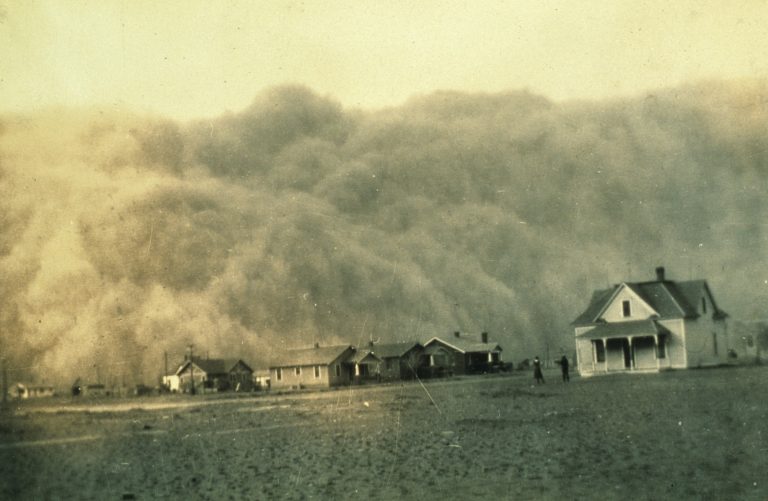Published on March 20, 2019

Pollution, much like wealth, is not distributed equally in the United States.
Scientists and policymakers have long known that black and Hispanic Americans tend to live in neighborhoods with more pollution of all kinds, than white Americans. And because pollution exposure can cause a range of health problems, this inequity could be a driver of unequal health outcomes across the U.S.
A study published Monday in the journal PNAS adds a new twist to the pollution problem by looking at consumption. While we tend to think of factories or power plants as the source of pollution, those polluters wouldn’t exist without consumer demand for their products.
The researchers found that air pollution is disproportionately caused by white Americans’ consumption of goods and services, but disproportionately inhaled by black and Hispanic Americans.
“This paper is exciting and really quite novel,” says Anjum Hajat, Assistant Professor in the Department of Epidemiology at the University of Washington School of Public Health who was not involved in the study. “Inequity in exposure to air pollution is well documented, but this study brings in the consumption angle.”
Hajat says the study reveals an inherent unfairness: “If you’re contributing less to the problem, why do you have to suffer more from it?”
Continue reading at NPR
Originally posted on NPR by Johnathan Lambert